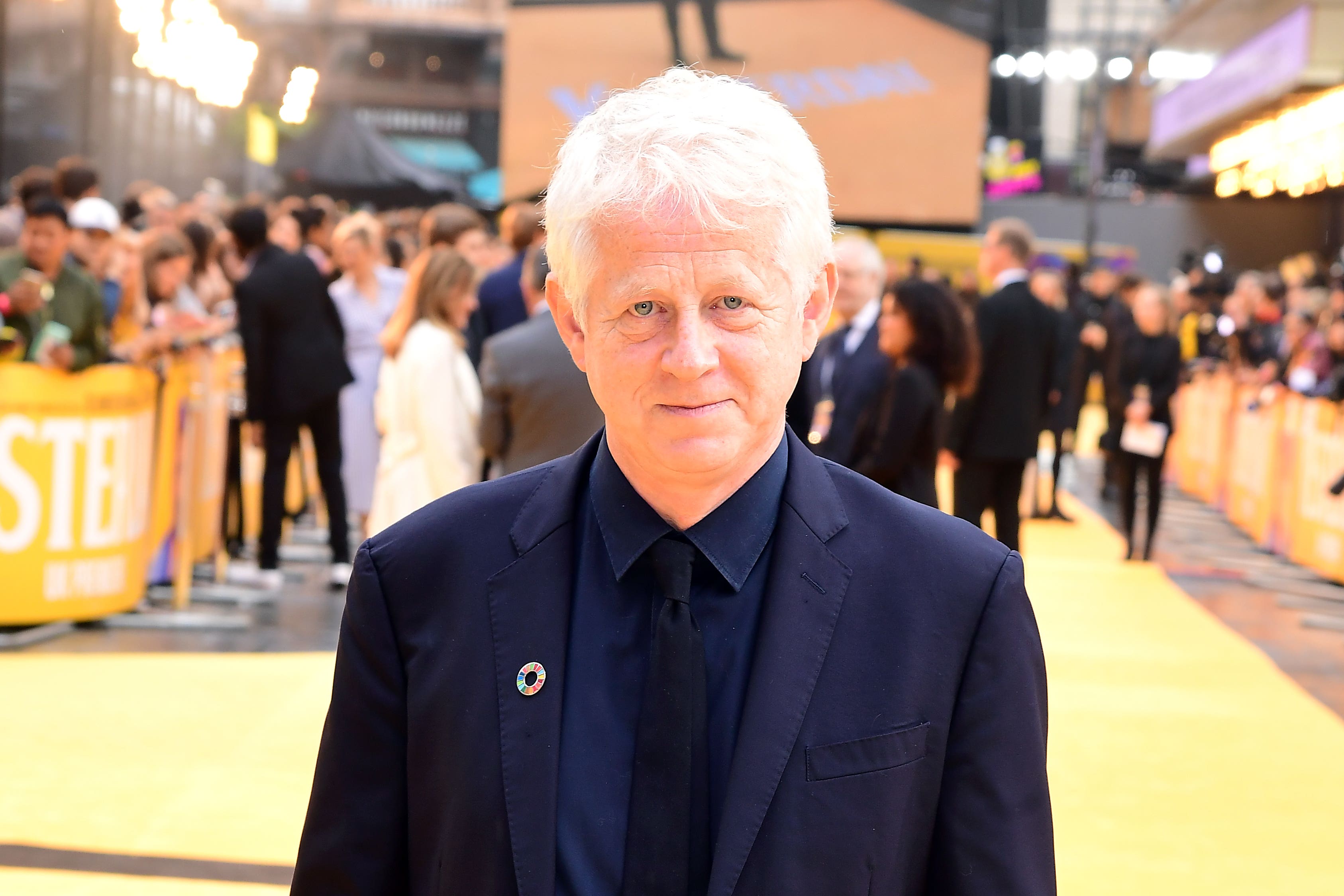Richard Curtis turns to Al Pacino speech in bid to inspire global action
The acclaimed filmmaker is aiming to bring attention to the UN’s Sustainable Development Goals reaching the halfway mark.

Richard Curtis has said he turned to Al Pacino’s locker room speech from his film Any Given Sunday for his new project as he feels the world needs the “greatest half-time talk” to get back on track to achieve its goals on the environment and inequality.
The Love Actually and Notting Hill filmmaker has paired the famous lines from the 1999 movie alongside a series of images of wildlife destruction and emergency efforts in disaster zones to bring attention to the UN’s Sustainable Development Goals (SDGs) reaching their halfway mark.
The SDGs are a collection of 17 targets agreed on by world leaders in 2015 which aim to end poverty, protect the planet and ensure prosperity for all by 2030.
However, only 15% of the goals are on track to be met by the deadline due to the impact of Covid, conflict and the climate crisis delaying progress, according to campaigners.
Curtis told the PA news agency that Al Pacino’s speech felt like the right way to convey the urgency of this message as it has always inspired him.
“We came up with this concept of needing the greatest half-time talk, the world needs a half-time talk to change its direction, and I thought ‘I wonder if we can go to that speech and use it’,” he said.
He explained that after contacting Pacino, the Hollywood star agreed for the speech to be used and recorded a new introduction for the project.
The filmmaker hopes to convey that the SDGs are targets which individuals and world powers can work towards.
“This is particularly a moment where individuals, particularly on climate, and on finance, and on the use of their money, can make a big difference”, he said.
“And then we move, as it were, across the chain. We’re asking people in business, we’re asking people in finance, we’re asking everyone in politics. It’s a partnership between the average citizen, who can make a difference.”
He noted that consumers can make everyday changes in their lives to work towards the targets, such as not buying plastics or clothes from sweatshops and not utilising banks which are funding fossil fuel expansion.
Curtis also reflected on how world leaders play a significant role in countries meetings these goals, with the film being released days before leaders gather at the UN General Assembly in New York on September 20.
Asked what message he hopes the film sends to Prime Minister Rishi Sunak, he said: “I think there are a lot of messages for Mr Sunak.
“The UK still has a strong position. It is one of the governors of the World Bank, so one of them is to use that.
“The second thing is not to pull back on international development and our contributions to the banks.
“The other thing is to use Government to make our strictures, as far as climate, as rigorous as they possibly can to appreciate the size of that crisis. You’re asking him to take an international perspective.”
He added that the UK has a “epic tradition of international responsibility”, having been the birthplace of charities such as Oxfam and Save The Children, and that the campaign calls on the country to “re-strength and recommit” at this halfway stage.
The filmmaker, who co-founded Comic Relief with Sir Lenny Henry in 1985, helped start Project Everyone in 2015 to publicise the SDGs and is now a UN advocate for meeting them.
Curtis said he feels there has been a change in perspective across the generations as he has realised his three children who are in their 20s see areas like climate, race and gender as “systemic issues” while he initially focused on individual poverty and tragedy.
“I think, particularly during lockdown, and with the Black Lives Matter, and the MeToo movement and Fridays For Future, I very strongly feel there’s a generational desire to solve the big structural problems, rather than simply, as it were, wait for a crisis and then solve that crisis”, he added.
Curtis’ short film is out now ahead of the UN General Assembly in New York on September 20.
Subscribe to Independent Premium to bookmark this article
Want to bookmark your favourite articles and stories to read or reference later? Start your Independent Premium subscription today.
